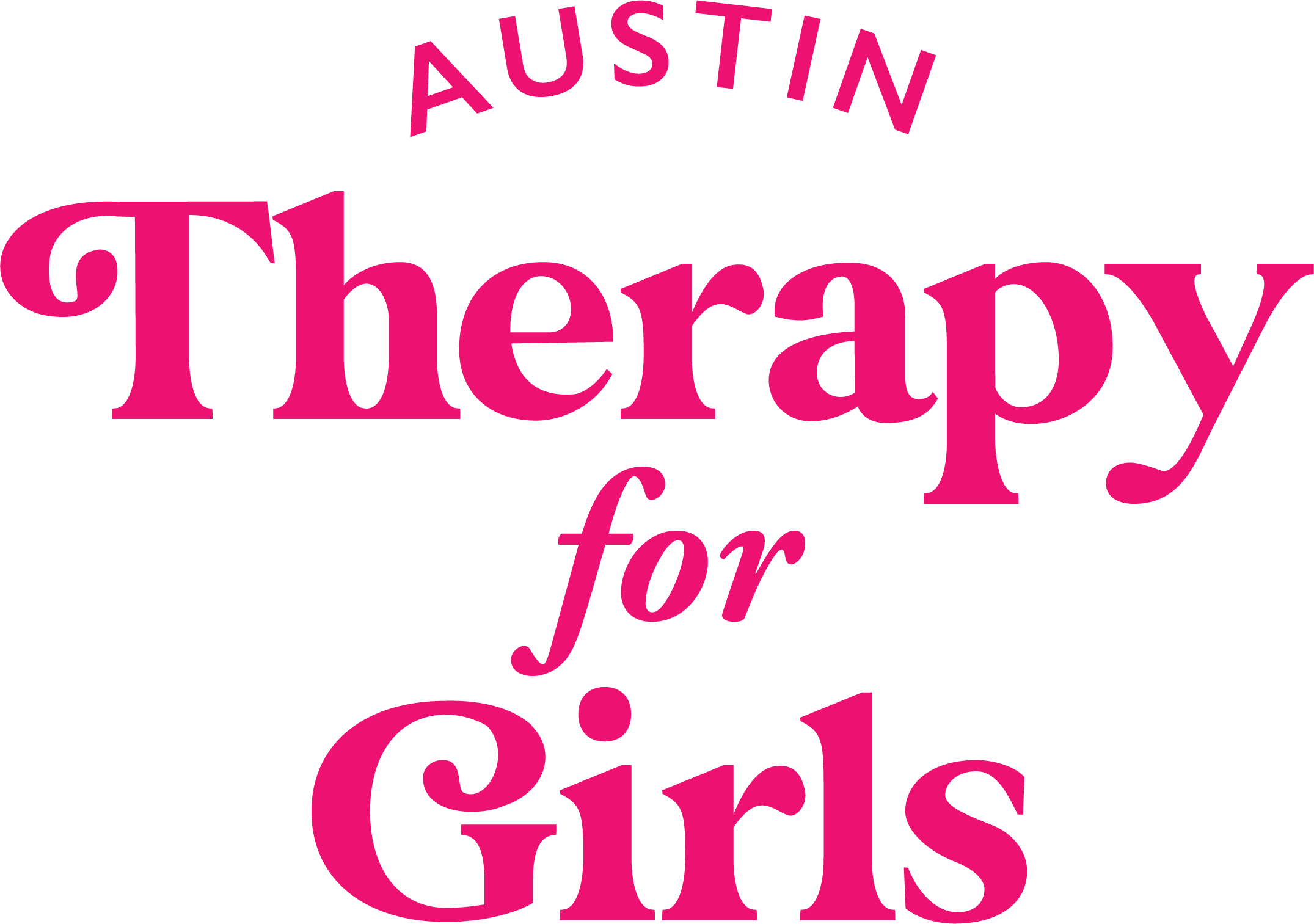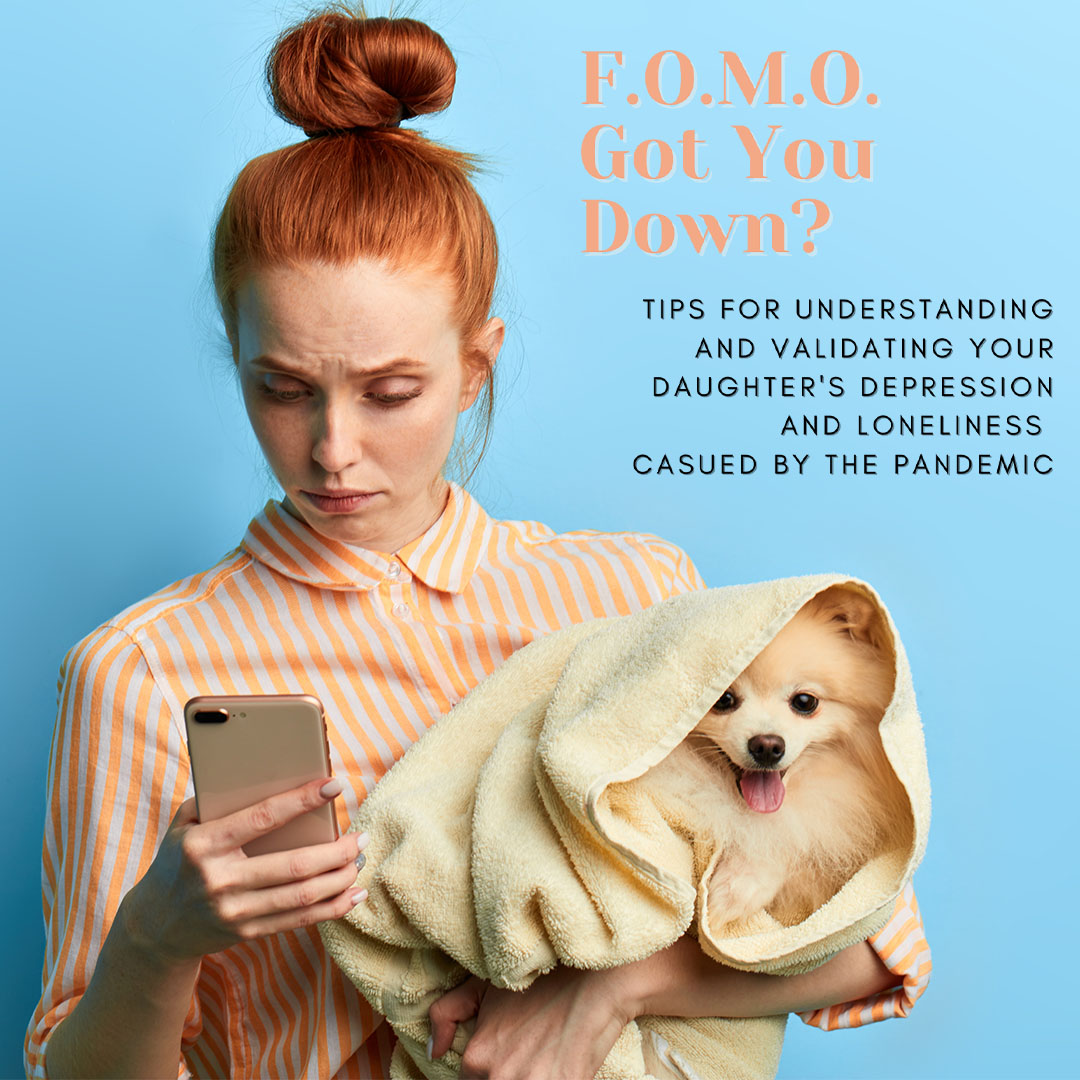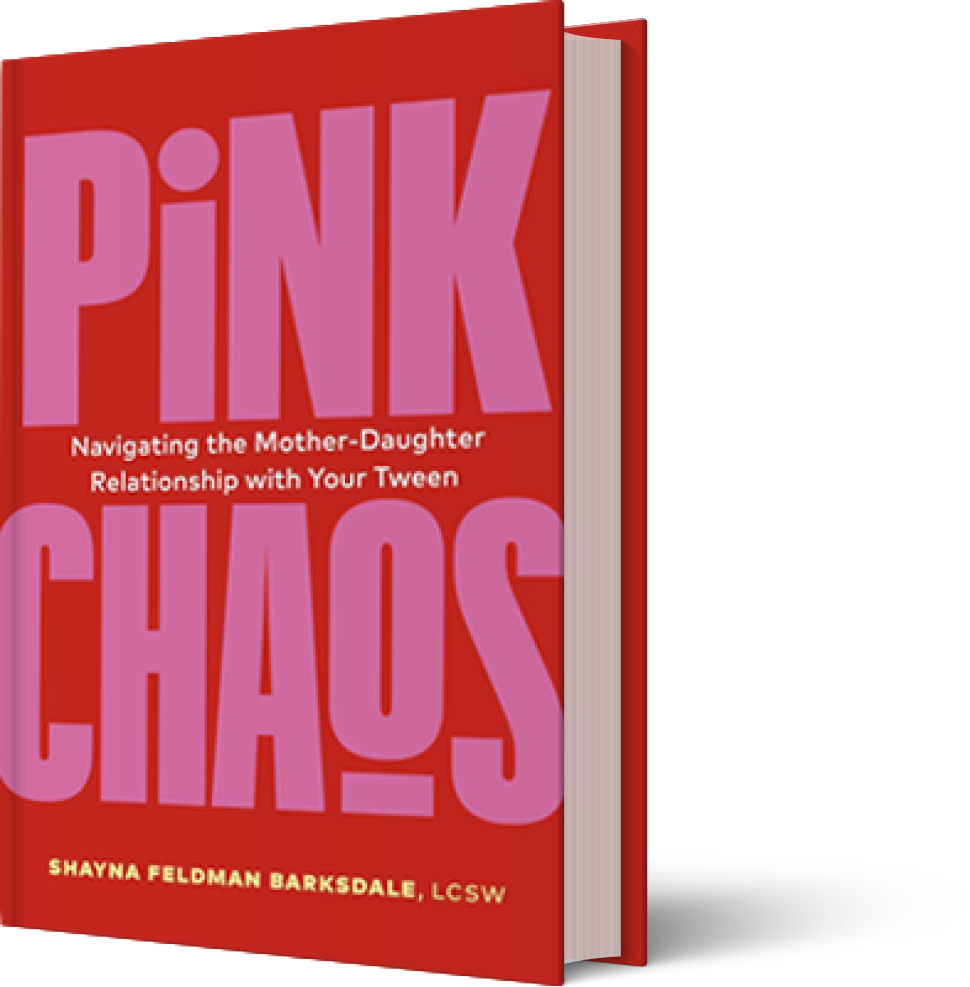Lonely Girls: The Silent Casualty of the Pandemic
Pandemics are scary, uncertain, messy, and, most of all, lonely. People are social creatures and rely heavily on connections and relationships to fill our emotional cups and learn who we are and who we want to be. With minimal face to face interactions occurring these days and social media being our looking glass into the world, it is almost certain that FOMO (fear of missing out) has creeped at least a few times during the pandemic. For many of us, we are caught between doing our due diligence to protect our families, loved ones, and communities while sitting on the sidelines, watching other people not follow the same guidelines or share the same level of concern.
As an adult, we have the experiences and memories to rely on to know that this is not our “normal.” If we have been listening to our therapists, we have a toolbox to help us cope with the uncomfortable symptoms of a world-wide pandemic: uncertainty, paranoia, and loneliness. But what about the teens, tweens, and little ones that have had to completely shift gears and adapt to a new world that is not conducive to forming in-person relationships like they once did? How are they handling this drastic change in normalcy? In May of 2020, The ROX Institute for Research and Training researched how the rapid changes have impacted girls’ ability to thrive, and according to their study, 1 in 4 girls are depressed or sad more than four times a week. ROX also found that 79% feel more lonely or isolated than before. In correlation to the high percentage of young girls feeling lonely, social media usage is an average of 6 hours a day, and sometimes more.
Social media is the primary way girls interact with the outside world, but with the increase of screentime, there is also an alarming increase in reports of depression and loneliness. This is FOMO evolved; it is NOMO – actually missing out. Missing out on these social interactions can be harmful to girls’ self-esteem, self-confidence and lead to social anxiety. The data shows us that school is more than a place to gain textbook knowledge; it is where we explore relationships, where we learn about ourselves away from our parents, and most importantly, interact with peers who have similar interests and experiences. With 96% of girls missing the act of going to school (ROX Institute, 2020), what can we do to support their emotional and social development while helping them cope with their feelings of loneliness and depression? Validate.
The best thing you as a parent or caregiver can do for your girl is to validate their feelings. Change is hard at any age, but in a world that no longer has consistency and does not follow the social rules of yesteryears, we must listen to our girls and acknowledge their strengths and resilience they have demonstrated while rapidly adapting to the changes school and society have abruptly thrust upon them within these last ten months. In addition to validation, include your girls in family planning sessions surrounding family norms and rules regarding COVID. Having a sense of empowerment and control during these times can have a tremendous impact on your girl’s self-esteem and self-confidence. Another topic of conversation should be focused on social media and how it can be used in a supportive and safe capacity. For more information on how to support your girls check out this research brief by The ROX Institute for Research and Training.












